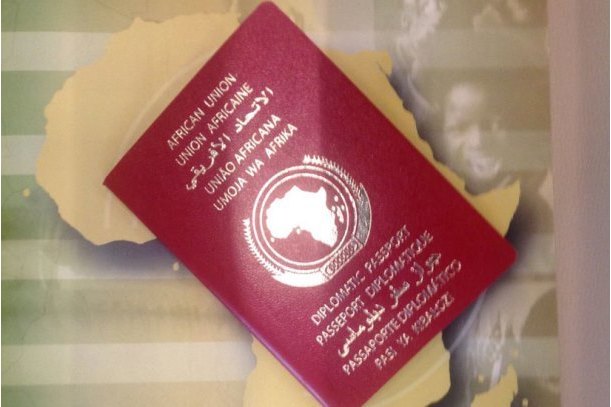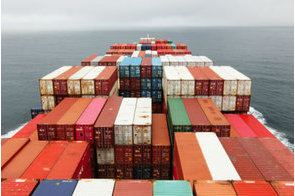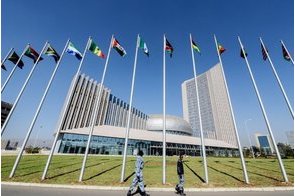Latest News
African Union passport to boost air travel spend by 24 per cent

News Highlight
- According to the Sabre Corporation study, travellers said they would increase their travel spend from $1,100 to $1,500 when the passport becomes available.
Sabre Corporation, a global travel technology provider, released a new study today, showing that African air travel spend is expected to grow by 24 per cent with the introduction of Pan-African passport.
According to the study, travellers who had flown in the past 24 months said that they would increase their travel spend from $1,100 to $1,500 when the passport becomes available. (The study surveyed travellers from four countries: Nigeria, South Africa, Kenya and Egypt).
The Pan-African passport was launched at the African Union summit in Kigali, Rwanda, in July this year and is aimed at improving intra-Africa trade and free movement of people. The passport, which will bear the AU’s name and that of the issuing country, is scheduled to be rolled out by African governments to their citizens from 2018.
Despite a willingness among travellers to spend more on flights, the study also found that travel in Africa still remains inaccessible to the majority as only 23 per cent of respondents had travelled abroad in the last two years. The main reasons why respondents had not travelled were: high cost of travel (32 per cent), difficulty obtaining visas (31 per cent), difficulty in booking flights (30 per cent), and no flights to chosen destination (28 per cent).
“The results suggest that while travel is inaccessible to many and is difficult for those who do travel, there is still a strong desire to travel more,” said Dino Gelmetti, Sabre’s Vice President, Europe, Middle East and Africa.
The study further showed that African travellers complained about their travel experiences on African airlines. About 27 per cent said check-in processes took too long, 22 per cent said check-in procedure was confusing, 20 per cent said they did not like the food on aircrafts; and 19 per cent said there is not enough to do at the airport.
“Additionally, most of the pain points can be addressed by airlines, and these tweaks could make all the difference to travellers,” Gelmetti said. “African carriers currently face tough competition from international rivals that control 88 per cent of African airspace but, as demand for travel increases, African airlines have a real opportunity to win the lion’s share of bookings by addressing the pain points of travellers and going the extra mile to improve their experience.”
Notwithstanding their complaints about African airlines, respondents said the top three reasons why they chose local carriers over foreign carriers were (1) they offer cheaper flights, (2) they offer the latest technology on board, and (3) they offer greater comfort on board.
Respondents also said that they would be willing to spend up to $104 per trip on an airline’s extra products and services – such as excess baggage, cabin class upgrades, and special food and beverage – if it improved and personalized their journey.
“Airlines, globally, currently pocket an average of just $16 per passenger on ancillaries, so the fact that African travellers are prepared to spend six times more than that represents a significant retail opportunity for carriers on the continent,” Gelmetti said. “Airlines will flourish if they invest in technology that can make sense of customer data and use it to offer passengers the right product in the right context at the right time.”
Related News
Latest Blogs
- CBN is fighting inflation instead of stagflation
- Why electricity privatization failed (2)
- How net metering can boost embedded power generation
- Adaora Umeoji and gender in Nigerian banking leadership
- Is protest an endangered human right of Nigerians?
Most Popular News
- IFC, partners back Indorama in Nigeria with $1.25 billion for fertiliser export
- Ali Pate to deliver keynote speech at NDFF 2024 Conference
- Univercells signs MoU with FG on biopharmaceutical development in Nigeria
- CBN increases capital requirements of banks, gives 24 months for compliance
- CBN settles backlog of foreign exchange obligations
- Nasdaq Dubai welcomes $600m sukuk listing by Islamic Development Bank






